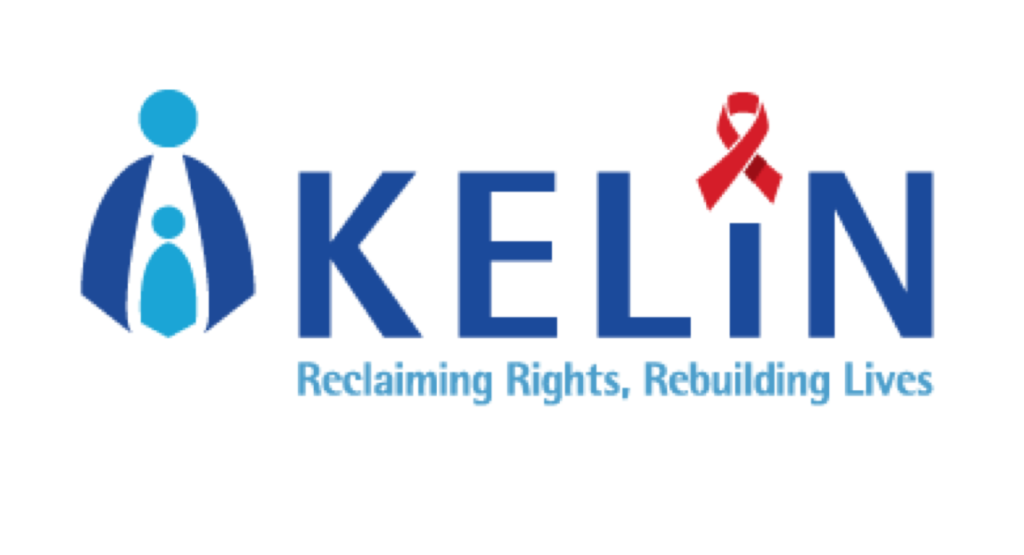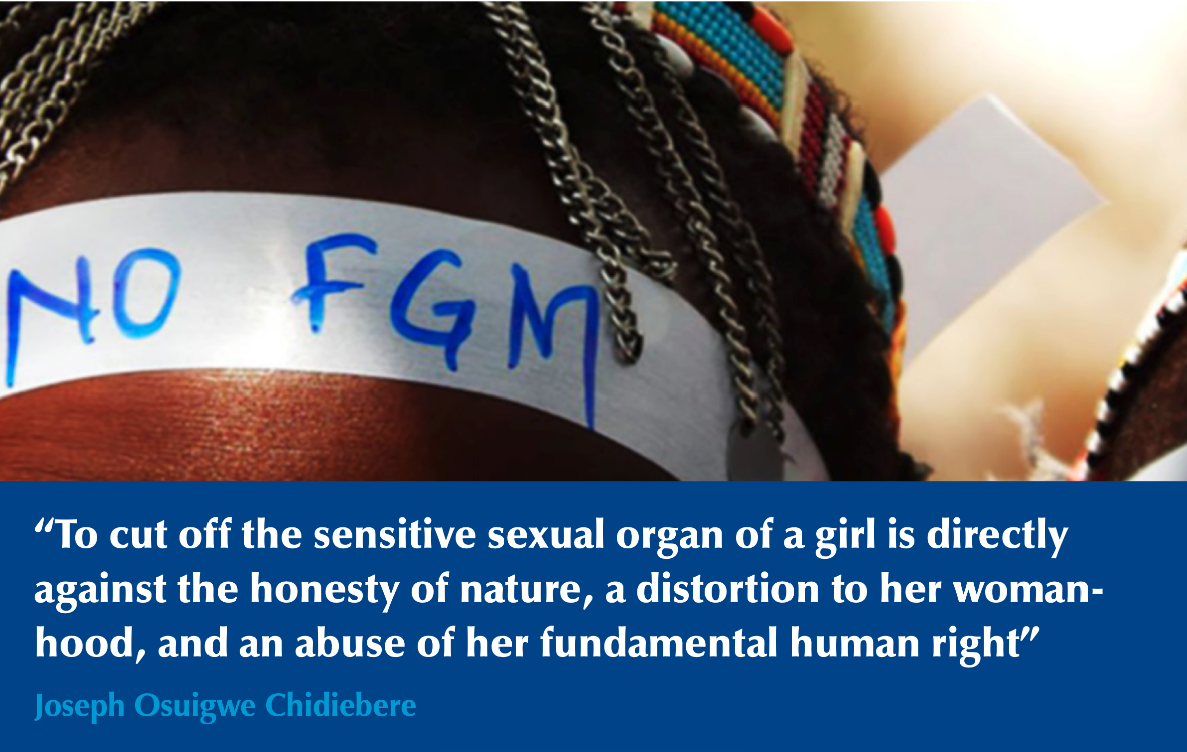Months later she found out that she was pregnant and her three attempts at getting an abortion were thwarted due to limited abortion services in her neighborhood. She decided to carry the child to term but with the resolve to give it away once it was born. Unfortunately, the nurse who was to aid the exchange quit the clinic on the day she delivered and she has had to care for that child since then.
But Grace is not alone. There are women and girls who were gang raped or deliberately infected with HIV and other life threatening sexually transmitted diseases. There are men who were sodomized, forcibly circumcised or castrated. We have children who are living with physical deformities after their mothers attempted unsafe abortions and there are tens of victims who have committed suicide due to the psychological consequences of the event. Unfortunately, these stories are rarely told when we discuss the aftermath of the 2007/2008 post poll violence. They are often glossed over because they touch on moral and religious sensitivities that we fear to confront. Yet, silence is a language on its own and it is a language that we have spoken for years when it comes to our sexual and reproductive health.
Discourse on transitional justice outlines four key elements of closure for victims of mass violations; acknowledgement that the violation took place (including apologies from the perpetrators), justice for the victims (and accountability by the perpetrators), guarantee of non-repetition and memorialization of the event. Unfortunately, the government has refused to publicly acknowledge and apologize for the Sexual and Gender Based Violence (SGBV) that occurred during the 2007 post poll period. This is despite most of the violations having been committed by its security agents.
The lack of acknowledgment has ensured that justice is an elusive dream for the victims. Unlike the Internally Displaced Persons, the SGBV victims have received little attention save for passing mentions at dinner tables. International and local accountability mechanisms have also not held the perpetrators accountable.
The above might have been overlooked if the victims were assured of peace and stability during future elections but our political environment offers no guarantees for such ideals. Further, the government is doing little to train its security agents to prevent and address SGBV in times of crisis. At an institutional level, there is minimal national effort to prepare for large-scale emergency medical treatment services for SGBV victims (including access to contraceptives, post-exposure prophylaxis (PEP) and safe abortion services)
Memorialization of these post poll atrocities may therefore offer the victims the catharsis they require. Other post conflict societies including Rwanda, have established functioning structures such as museums to keep these memories alive. At the international level, courts and reconciliation commissions such as the International Criminal Tribunal for Rwanda (ICTR) and the South African Truth and Reconciliation Commission have through their processes and decisions memorialized the victims’ experiences. We are however a long way from such civility for we cannot memorialize what we refuse to acknowledge.
What is consequently giving hope to the SGBV victims is the ongoing constitutional petition that has been filed against the government by four NGOs and six survivors. The petition seeks to compel the government to address the SGBV that occurred during the post election violence and is condemning the government of amongst other things; failing to offer emergency medical treatment to the victims, violating international instruments and failing to protect its citizens. It is also demanding restitution and compensation for the victims including the provision of psychosocial, medical and legal redress.
We must however not stay silent even as we await the outcome of this case. CSOs are already keeping this conversation going and the recent International Criminal Justice Day celebrations put a human face to the suffering of the post poll victims. Through such platforms Grace and hundreds of other rape survivors can share their stories and restore their dignity.
Related documents;
- SGBV petition against the Kenyan government.
Constitutional Petition No. 122/ 2013. http://www.jfjustice.net/wp-content/uploads/2015/10/Petition-No-122-of-2013.pdf
- ICTR, Prosecutor v. Akayesu. The judgment set precedent for advancing the status of sexual violence in post-conflict justice. http://www.refworld.org/docid/40278fbb4.html


